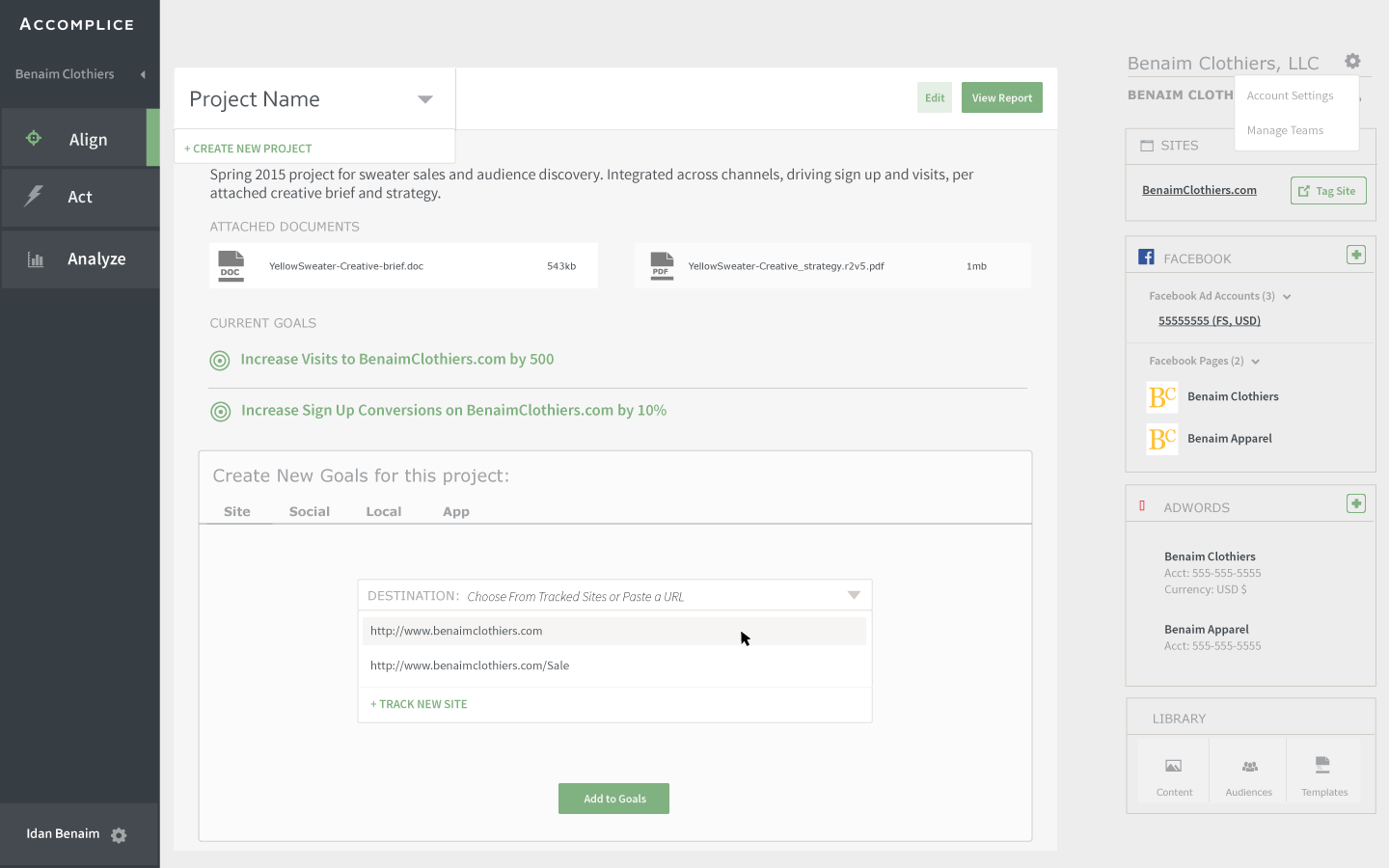 A Q&A with Sqore co-founder and CEO Niklas Jungegård. The Stockholm-based startup, which has built an employee recruitment platform around individual skills challenges, announced in late February the closing of a $3.5 million Series A funding round from investment firm Northzone. It was founded in 2010 by Jungegård, Chief Business Development Officer Gustav Borgefalk, CSO Robert Lyngman, and CTO Chu Zhu, and this is its first notable round of outside funding.
A Q&A with Sqore co-founder and CEO Niklas Jungegård. The Stockholm-based startup, which has built an employee recruitment platform around individual skills challenges, announced in late February the closing of a $3.5 million Series A funding round from investment firm Northzone. It was founded in 2010 by Jungegård, Chief Business Development Officer Gustav Borgefalk, CSO Robert Lyngman, and CTO Chu Zhu, and this is its first notable round of outside funding.
SUB: Please describe Sqore and your primary innovation.
Jungegård: Sqore’s mission is to bridge the skills gap, providing life-changing opportunities to young people regardless of their background. We do this by creating a platform in which the skills of all our users are compiled and compared on a level-playing field, regardless of ethnicity, economic status, or gender. We work relentlessly to make global opportunities accessible to everyone.
Recruitment has looked the same for years and years, and we are the first company to systematically use competitions to create additional value, both for the applicant and for the employer. We are the market leader for organizing online student competitions and are now moving into talent recruitment worldwide. With our innovative platform, users can get more feedback from the application process, and employers can verify whether candidates have the skills that are most important and relevant to them.
SUB: Who are your target markets and users?
Jungegård: Our client target markets are Sweden, UK, and the United States, while our target markets for users are the UK, United States, and India. That being said, both groups are actually very global and we have clients from all over Europe, the U.S., and Asia, and our users come from every corner of the world.
SUB: Who do you consider to be your competition, and what differentiates Sqore from the competition?
Jungegård: While LinkedIn can be considered a competitor, we have penetrated a market which it hasn’t yet—people looking for their first job, such as students. We have a movement and a distribution network that is genuinely unique. LinkedIn has said that it desires to be a company like ours, one that verifies candidate data.
Somewhat similar to us are topcoder and Skillz, but when you consider their audiences are considerably more niche than ours, they cannot be counted amongst our true competitors.
SUB: You recently announced that you’ve raised $3.5 million in Series A funding. Why was this a particularly good time to raise funding?
Jungegård: We had multiple discussions with a number of investors, but Northzone was the best fit for what we want to achieve at this stage. The investment will allow us to put more focus on product development, invest in a dedicated sales unit, and help take us into our next phase of development and growth as we prepare to launch.
SUB: How do you plan to use the funds, and do you have plans to seek additional outside funding in the near future?
Jungegård: The investment will allow us to focus on the next step of our development, which will see us work on three pillars: Awareness, community building, and product development.
Awareness includes rebranding work, where we will launch our new philosophy on Sqore.com. We will offer a toolkit that companies and universities can use to get started with competition-based recruitment.
Community building means continuing to build a global community of young change makers, and connecting more and more people with life changing opportunities.
We will increase our relevance by constantly improving our product, both for users and clients, and this is our third pillar. By working on these three pillars, we believe we will grow and achieve impact at a rapid pace.
SUB: What was the inspiration behind the idea for Sqore? Was there an ‘aha’ moment, or was the idea more gradual in developing?
Jungegård: We perceived that there was a global talent market that employers and university recruiters did not have a natural way to connect with. To bridge the gap between these two groups, we used competitions, which provided a more interesting way for talent to learn more about potential employers and universities, and simultaneously provided recruiters with a way to make sure they knew what skills our participants possessed.
After five years of working with competitions in this way, the idea for Sqore gradually emerged. With this new platform, our university and corporate clients will have their recruitment processes simplified. They will also be able to fine tune the skills they test, meaning they can ensure the final candidates are perfect matches.
SUB: What were the first steps you took in establishing the company?
Jungegård: Sqore started as a listing site for global competitions—Studentcompetitions.com. Over the course of five years we have built a business around our competition services, and a global network of talented students who compete. This today is the world’s largest network of competing students, with 400,000 active users and a reach of nearly 15 million.
While competitions are the main cornerstone of the company, Sqore is at heart based on equal access to opportunities, and the use of competitions to connect people with life-changing opportunities.
Today, we have 30 employees in Stockholm representing 15 different nationalities, while our client base is 70 percent international. We run some of the world’s most popular competitions for companies, universities and organizations all over the world. Sqore’s development as a skills-testing platform is a perfect match for our team’s backgrounds and competencies.
SUB: How did you come up with the name? What is the story or meaning behind it?
Jungegård: The name ‘Sqore’ can be broken down into two parts: ‘Sq,’ standing for ‘sentience quotient’—a measure of the total processing capacity of the brain; and ‘ore,’ a type of rock from which valuable elements can be extracted through a refining process, like a ‘diamond in the rough.’ The word Sqore also implies a number of values, such as academic merit, competition, talent, and results, as well as drive and motivation. All of these are attributes the platform helps to identify.
SUB: What have the most significant challenges been so far to building the company?
Jungegård: We’re a startup and we face challenges every day, but we never give up. That’s how we’ve gotten to where we are today. We love challenges, even seeking them out on Swedish television—our first funding came from Mats Gabrielsson when we were a part of the show Shark Tank.
SUB: How do you generate revenue or plan to generate revenue?
Jungegård: We are already generating revenue, and are currently shipping competition recruitment to clients worldwide. We charge per challenge but our biggest growth area is subscription-based sales where our clients get access to an all-year-round recruitment platform and a global community of young talents.
SUB: What are your goals for Sqore over the next year or so?
Jungegård: Our primary goal for the next year is of course for us to launch Sqore! We’re also aiming to recruit 20 more people to our office in Stockholm and to engage the 10 million people we reach.













